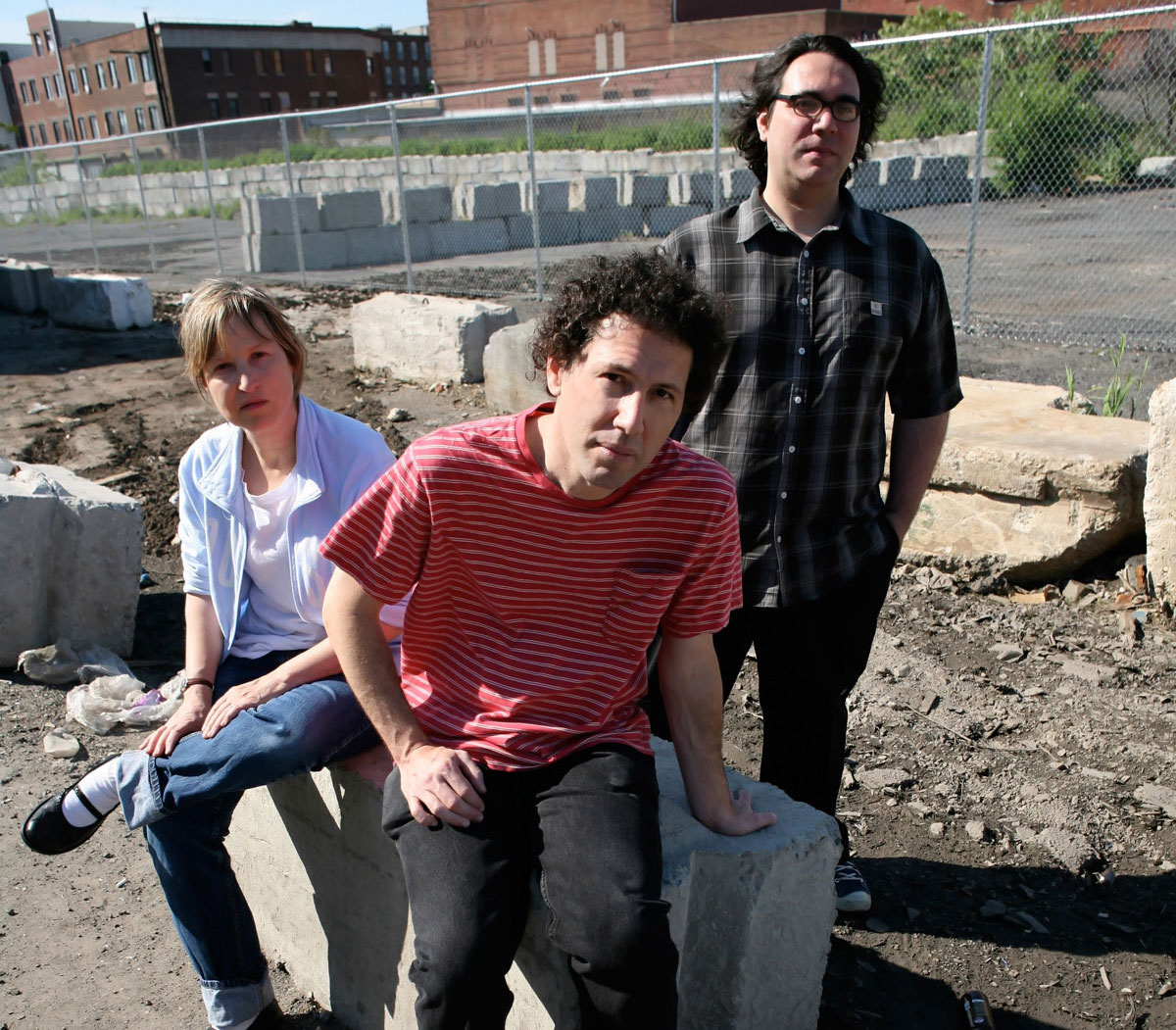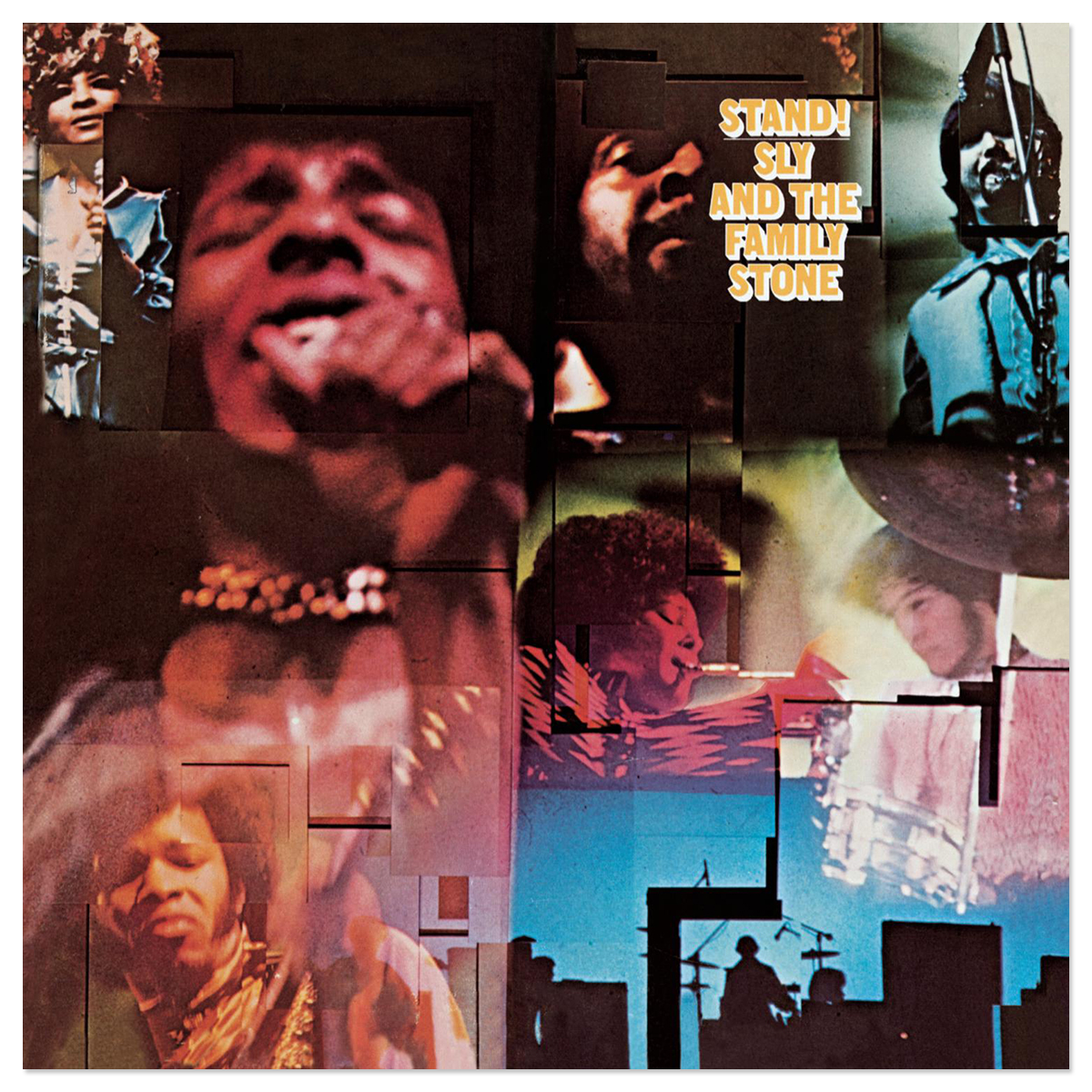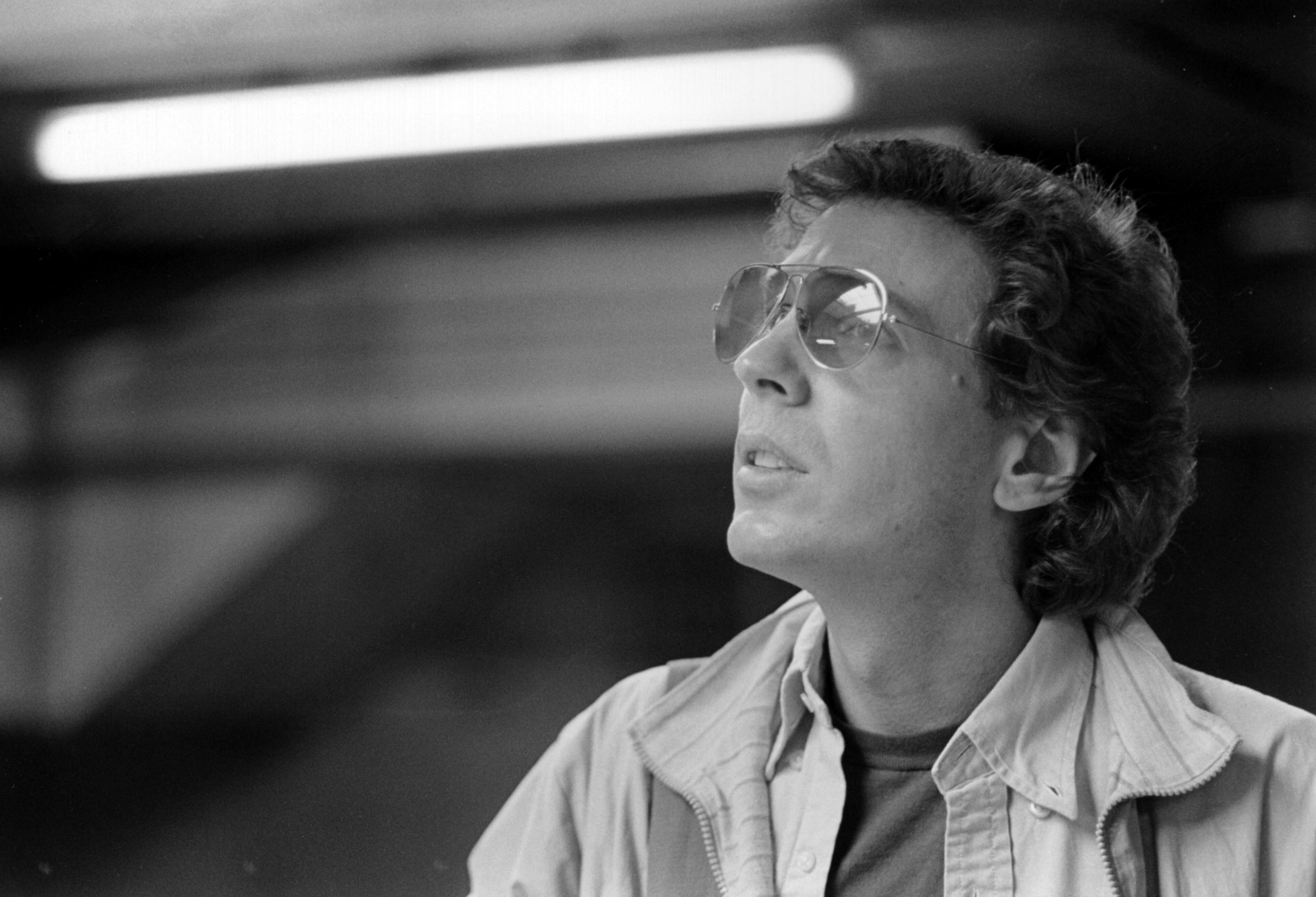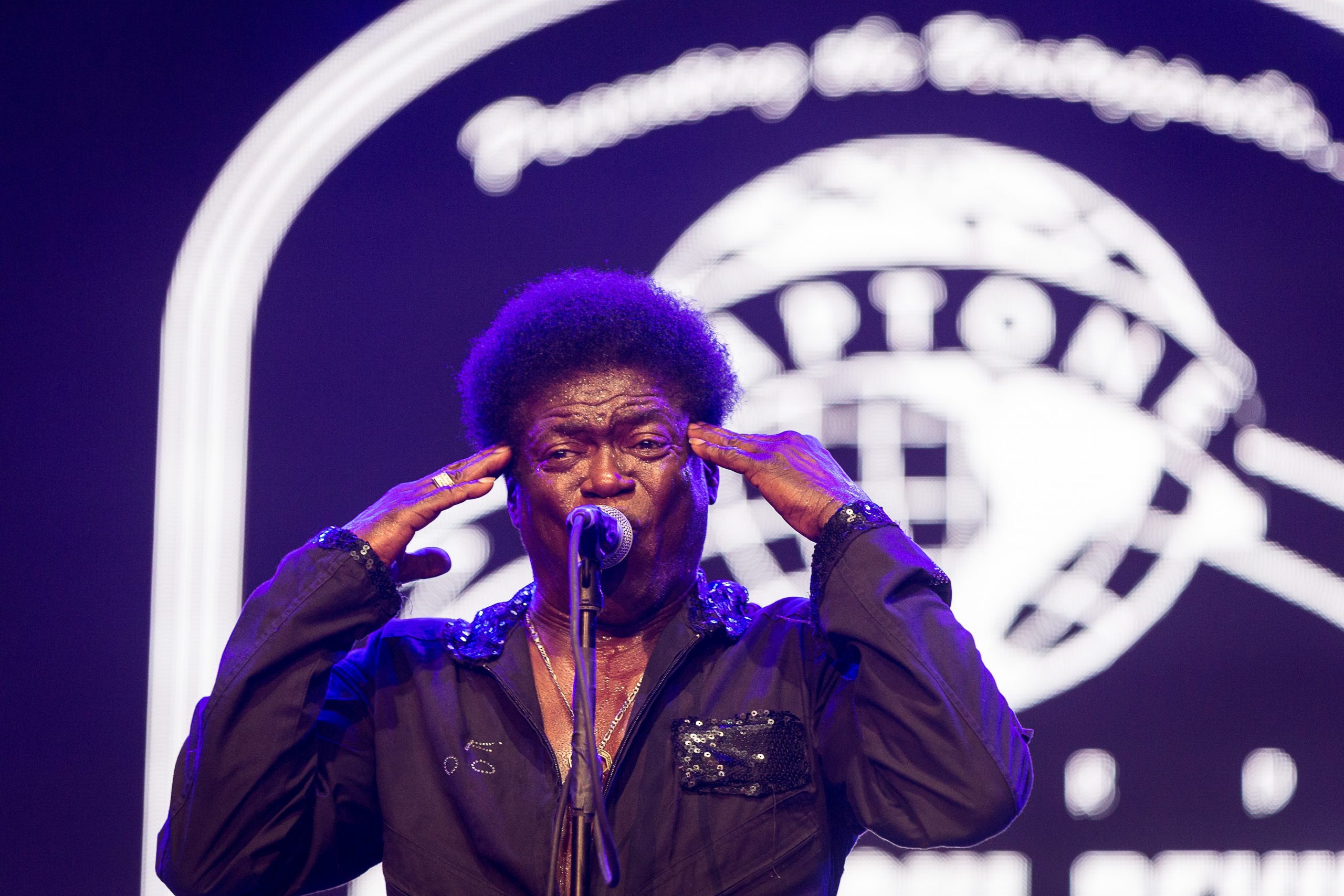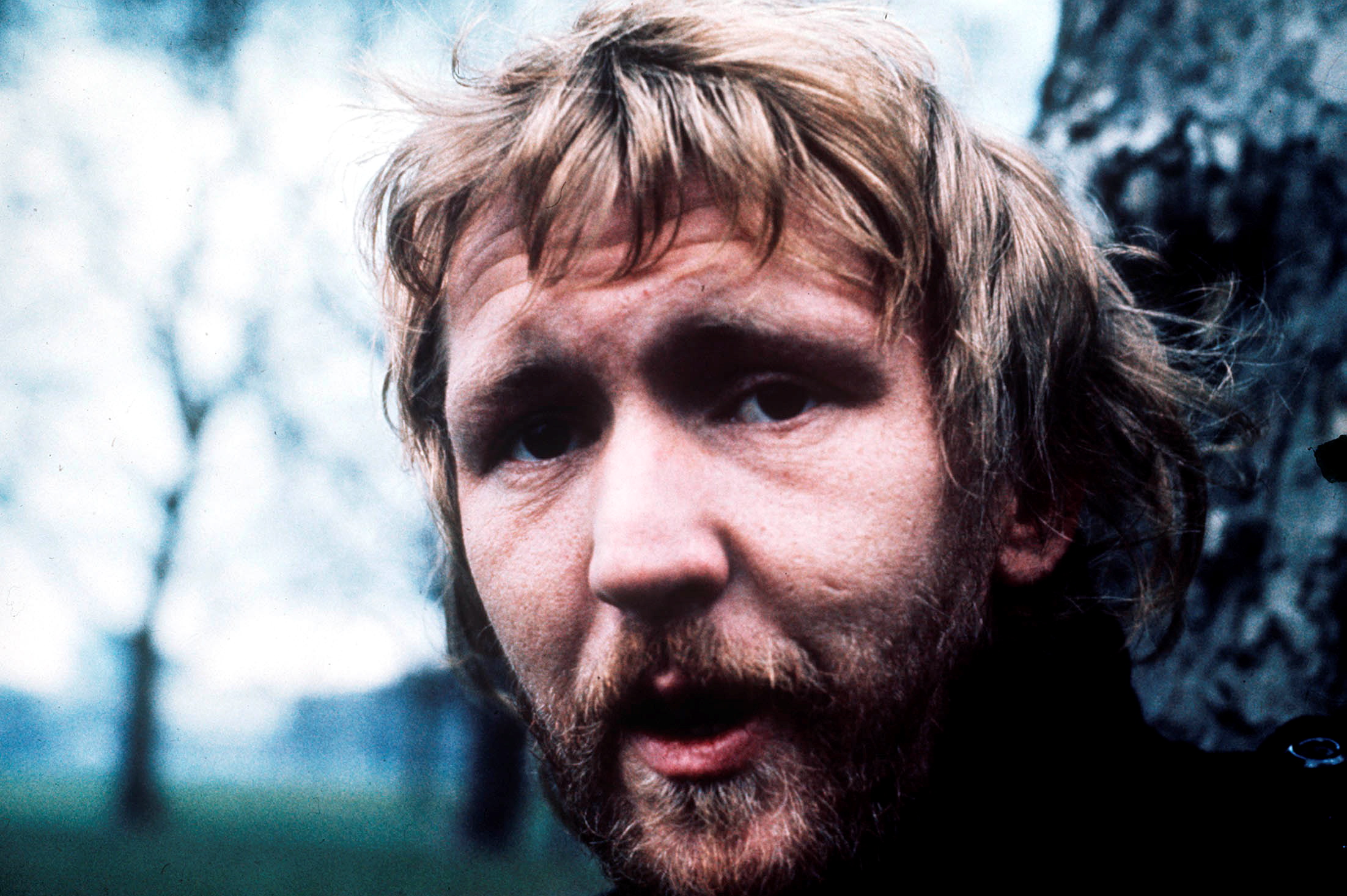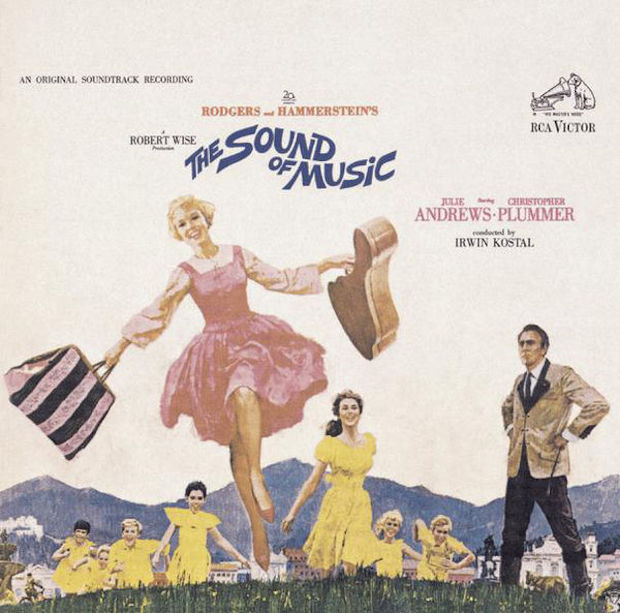There's no tradition in music quite like Yo La Tengo's Hanukkah shows, which resurfaced at the Bowery Ballroom last year after a stretch of post-Maxwell's exile and continue this week as an eight-day stand of music, comedy, and special guest surprises. Yr covers correspondent won't be making it because (a) every night is wall-to-wall sold out and (b) I am kind of a 1,200-mile schlep away from NYC, but I feel like some celebratory appreciation is always helpful in a kind of indie/beatnik secular-Jewish WFMU-pledging sorta way.
I'm getting a technically late start, but what the hey, Yo La Tengo are one of our greatest natural resources when it comes to reinterpreting other artists' music, and if you want to light the menorah to these eight covers, go right ahead, even if it means having to bookmark this page for later and revisiting it several times over the course of the holiday. I promise: this is all gelt, no socks.
"Big Sky" (1986)
https://youtube.com/watch?v=6mDBdnNP_9E
How long have Yo La Tengo been around? Well, the first time they did a cover of the Kinks, that band was still actively putting out new albums. Think Visual was no Village Green Preservation Society, though, and YLT's "Big Sky" is a pretty sharp record-geek choice in reaching back to a canonized band's back catalogue.
A non-single from a commercial flop with a fervent following, Ray Davies' song about religious existentialism and the indifference of a potential deity ranks as one of fans' favorite songs -- as well as one of Ray's, though Andy Miller's 33 ⅓ about the album revealed that he once told journalist Jon Savage that he was disappointed with his own performance. "Maybe I wasn't the right person to sing it," as he put it. But maybe Ira Kaplan was. He does sound a little fragile here, but it feels more like by design, both a one-man Talmudic meditation on whether God listens and an ur-indie performance that sounds like him getting his proto-Malkmus affectations out of his system. The rest of it's pretty straightforward -- Yo La Tengo are just getting their feet planted, and haven't gone widescreen yet -- but it clicks.
"You Tore Me Down" (1990)
Fakebook really brought in the popular notion of Yo La Tengo as all-time great interpreters, even if it stands more or less alone when it comes to albums in their catalogue that actually sounds like it. (Stuff Like That There deliberately hearkens back to it, but that showed up a quarter-century later.) At this point, their familiar strengths are really starting to come to the forefront -- open spaces that let the notes breathe through gleaming reverb, and a certain floaty Kaplan/Georgia Hubley voice/guitar harmonic tone that would reach its full flourish on Painful cuts like "Nowhere Near" and "A Worrying Thing" a few years later.
That they pick largely unfamiliar, easy-to-reinterpret folk-pop-adjacent material does them a service; it's a good opportunity to let them try on a few other artists' sounds en route to honing their own while bypassing the whole you've-heard-this-but-not-like-this-before iconoclasm route. And damn right they sound great doing power pop, finding the latent Byrds in the Flamin' Groovies' 1976 early-Beatles ringer "You Tore Me Down" -- it's quieter, or at least it feels quieter, but after hearing the original and the cover back-to-back it kind of feels like it's supposed to be quieter, the difference between a crumpled ball of paper and an origami crane.
"The Whole Of The Law" (1993)
The 25th anniversary of Painful back in October seems to have come and gone without much fuss, which says something either about its status in the group's discography (The Band We Know first hitting its stride, but not necessarily their best, albeit close) or how not-a-big-deal a lot of folks think their constant-presence status in the indie world actually is. Anyhow: this album's the two-fer where they permanently brought James McNew into the studio and debuted on Matador, with a number of other building-block developments of their atmospheric sound falling into place at the same time. (Like their move to incorporate more sounds from the Ace Tone organ, and the lingering impact of plugging into shoegaze and space rock contemporaries like My Bloody Valentine and Spiritualized). McNew became the steady rhythm keeper that Kaplan could use as a support scaffold to climb and jump off, and with Hubley's ability to contribute both percussive structure and melodic nuance, they became one of the best bands in the world at toying with the relationship between noise and space in ways that post-Pixies loud-quiet-loud bands had yet to fully grasp.
Their take on "The Whole Of The Law," from London power-pop-punkers the Only Ones, is a great basis for them to stretch that out as much as they can over a brisk 2:19 (shorter than the original), stripping the low end, amplification, and percussion down to the bare minimal so the Ira/Georgia harmonies and the chime of Ira's guitar are enough to carry it. There's a bit of understated humor in this song choice -- "maybe I'm in love with you" is a funny thing for Ira and Georgia to sing when their relationship is so inseparable from their music -- but that's all for the better.
"Little Honda" (1997)
https://youtube.com/watch?v=VZvWf5KSZxc
I Can Hear The Heart Beating As One was a fantastic indie rock album in a year crammed to the rafters with fantastic indie rock albums, but Yo La Tengo felt the most like they were approaching indie as a piece of a continuum rather than an alcove to hide from the rest of the world. Genre exercise, hell; when they did Krautrock or psychedelia or ambient or Tropicalia it was a show-don't-tell kind of integration into their music that let style melt into instinct.
It's as joyous and eye-opening to listen to as the exact opposite of an afternoon spent with some navelgazer nerdsplaining their record collection to you, and their Beach Boys cover "Little Honda" is what they do instead of waving the Capitol 45 in your face and scoffing "but have you really listened to this." Kaplan brings low-key vocals to the point of sounding distracted, but all that's really distracting him is how great everything sounds, and does as much with that nuanced not-as-flat-as-it-first-seems performance as the Beach Boys did with close harmonies. Like a lot of their love songs, it sounds a lot less like someone excited about convincing someone else to have a good time with them and more like someone who's basking in those good times as they're happening. Sure, with that overdriven guitar it sounds more like a full-throttle racing NSX than a 50cc motorbike, but there's different kinds of faithful at work here.
"You Can Have It All" (2000)
A little personal note here: I was kind of late getting on the Yo La Tengo expressway, and it wasn't until And Then Nothing Turned Itself Inside-Out showed up in a used CD bin in 2001 that I realized "hey, this has a lot of those songs I like from college radio" and that they also had a Troy McClure reference as the title of one of the songs I hadn't heard yet, and how's that for a better-late-than-never intro? (It then took me until this year to see them live, which is another story also involving me feeling simultaneously stupid for taking a great band for granted and giddy about experiencing them at their best. Also yeah I know that joke from The Onion, sure, fine.)
Apologies for the time-killing, but the pleasure of this song should be obvious anyhow: a cover that hews close to the original's spirit while still making its own case enough that it doesn't so much compete with the source material as it complements it, and a much-needed rehab of Harry "K.C." Casey's skills as a top-tier pop and soul songwriter whose pleasures are simple but not exactly simple enough to replicate, much less rip off. George McCrae's version is a god-given miracle, a final refutation of the Disco Sucks movement five years before it even had a chance to tear up Comiskey, and yet YLT were all "what if we added this bum-bum-ba-bum-baaaa-bumbumbum vocal to it, and also strings" and I still expect to hear them when I listen to the original.
"Nuclear War (Version 3)" (2002)
There is "indie rock band does jazz cover," and then there is indie rock band does Sun Ra cover. Good luck with that latter one -- you're talking about a musician and composer who is the direct musical link between Fats Waller and Karlheinz Stockhausen, one who operated on a level of study and obsession and reinvention to build a level of musical knowledge that made avant-garde music accessible to multiple generations of jazz and rock aficionados. But at least Yo La Tengo picked a pretty straightforward song to cover.
The 12" that they put out featuring four different versions of Sun Ra's 1984 single "Nuclear War" nods towards both its frankness ("It's a motherfucker, don't you know/If they push that button, your ass gotta go"), its Zen-koan silliness ("What'cha gonna do without no ass?") and its slow-mutation complexity without getting in over their heads, taking its repetitive structure and giving it just enough variation to build their own things from there. The vox-and-percussion-only Version 1's a great platform for an ensemble of locked-in but slippery drumming, Version 2 gets a lot of amusement-based props just for getting a bunch of kids (including some of the band's family members) to join in as a chorus, curse words and all, and Version 4 is a remix by Infesticons iconoclast Mike Ladd that ups the murk to strong effect. But it's Version 3 that does it for me, just off the basis of getting avant-garde jazz vets Daniel Carter, Sabir Mateen, and Roy Campbell Jr. (later of Summer Sun) to bring some appropriately hectic, wide-arcing horn solos to the proceedings.
"What'cha Gonna Do About It" (2009)
Not to be confused with Fakebook, obviously: The Condo Fucks' Fuckbook, which is a Yo La Tengo album in all but name and demeanor and… well, pretty much everything else except personnel and an acknowledged enthusiasm for the Kinks and Beach Boys covers.
Hearing the opening clobber-through of Small Faces cover "What'cha Gonna Do About It" is enough to hep you to why they decided to cosplay as their own fictional Connecticut-based garage-punk weirdos, as first namedropped in the fake Matador catalog from the I Can Hear The Heart Beating As One liner notes ("Punk-rock smashingly paraded as only New London's bad boys can"). This answers the question "what would Yo La Tengo sound like if they were really into getting into bump-and-a-beer-fueled fights that end in lacerations caused by a freely wielded motorcycle chain?"
"I Can Feel The Ice Melting" (2015)
https://youtube.com/watch?v=IcRsQ1yNl4M
Yes, Yo La Tengo even covered Parliament -- but of course they actually covered The Parliaments circa their Motown-sounding Revilot years, and the b-side to their 1967 version of "(I Wanna) Testify" at that.
This is why it's as fun to dork out over Yo La Tengo as it is to listen to them: these signs of their studious enthusiasm that feel individualistic without being showy or trend-hoppy about it. The coolest record collection in the world doesn't mean shit if you don't take some time to live in the worlds those records actually make for a few minutes, and a band like this that can just keep reminding you of that truth every time is even more of a miracle than an unexpectedly long-lasting batch of lamp oil.
